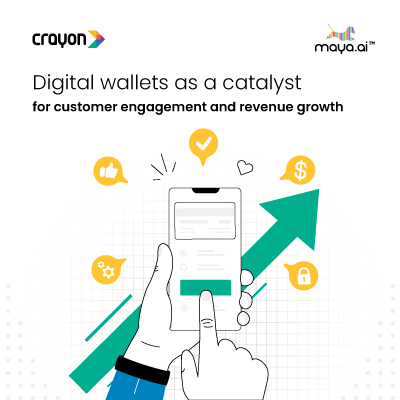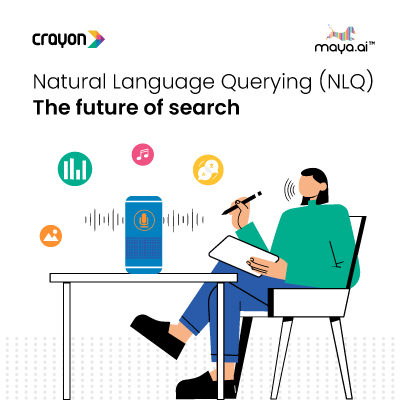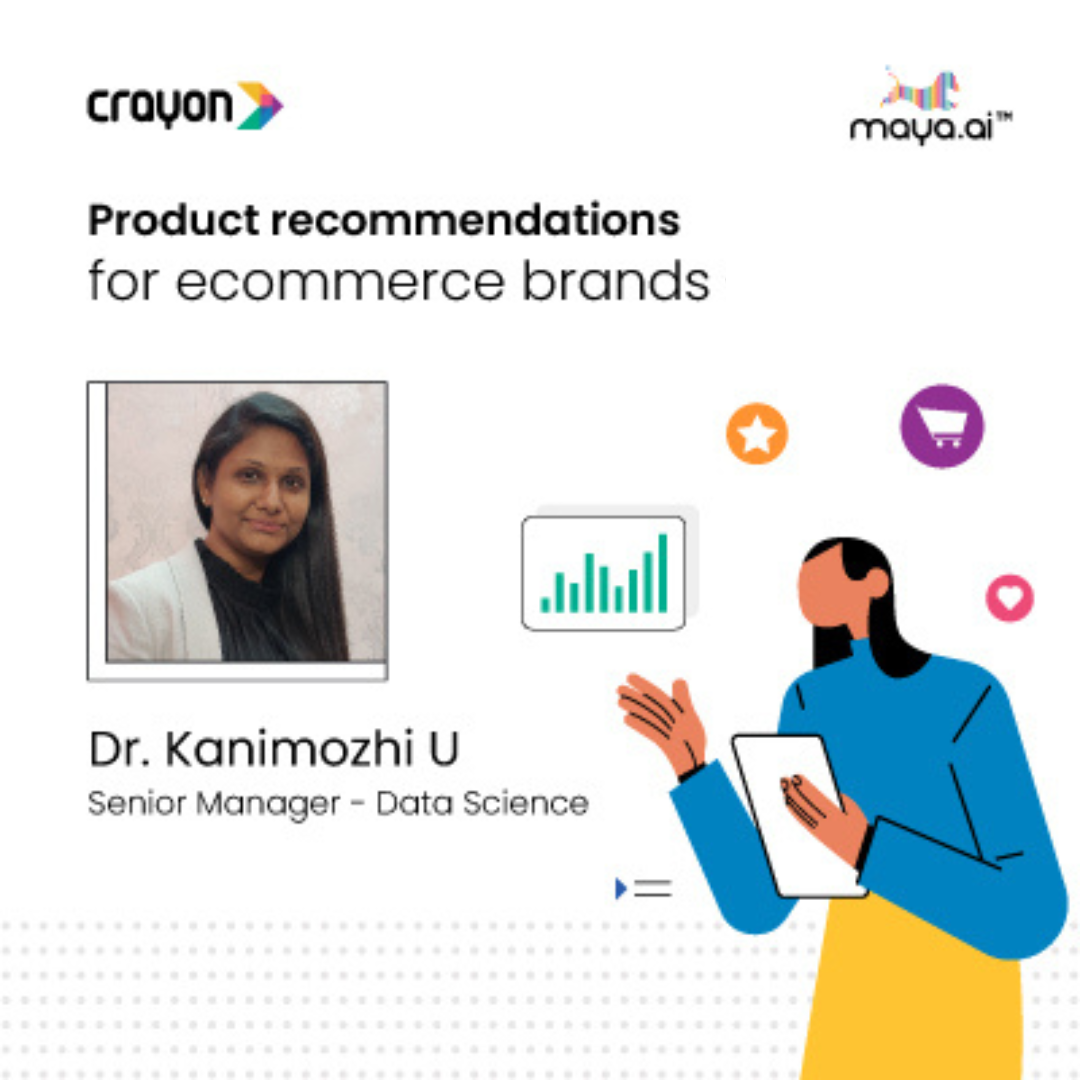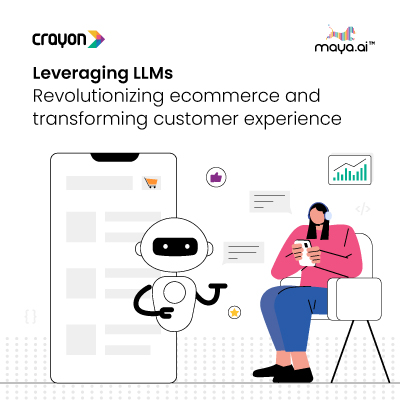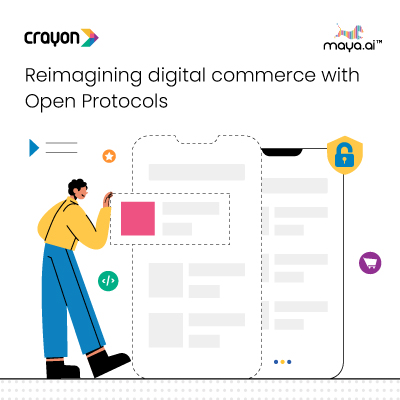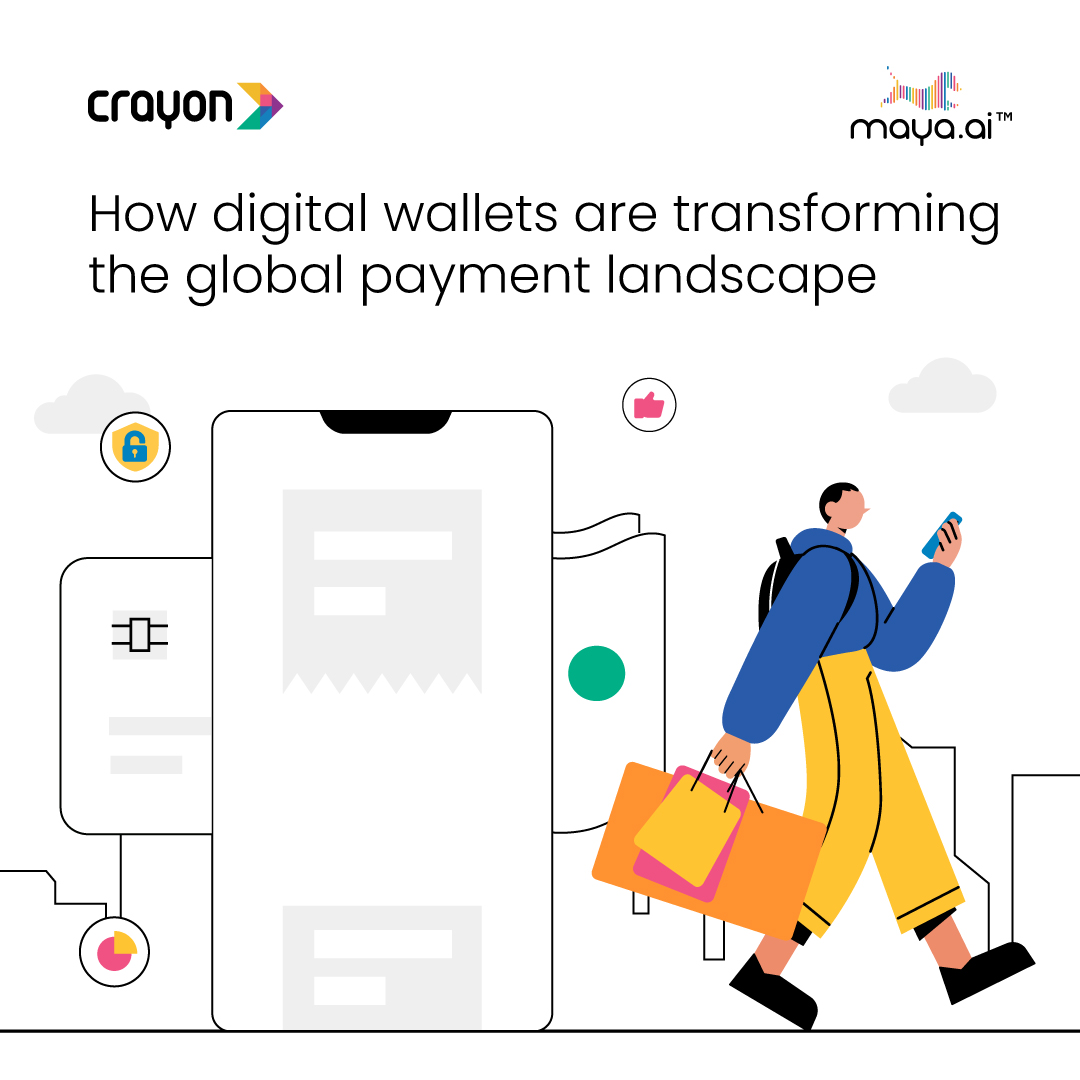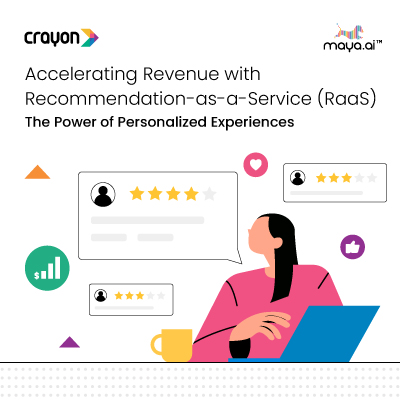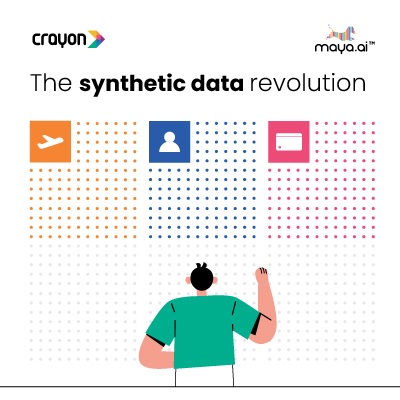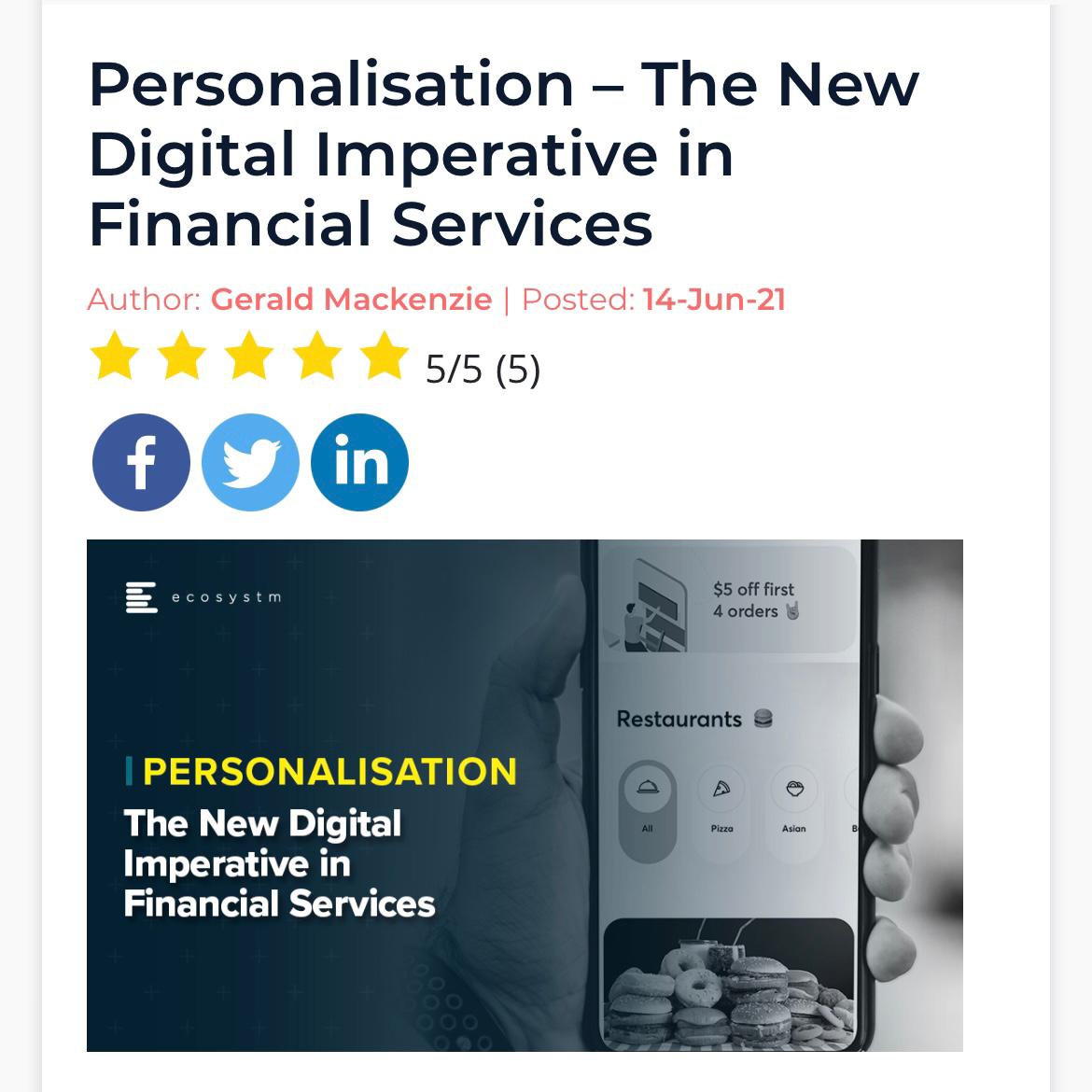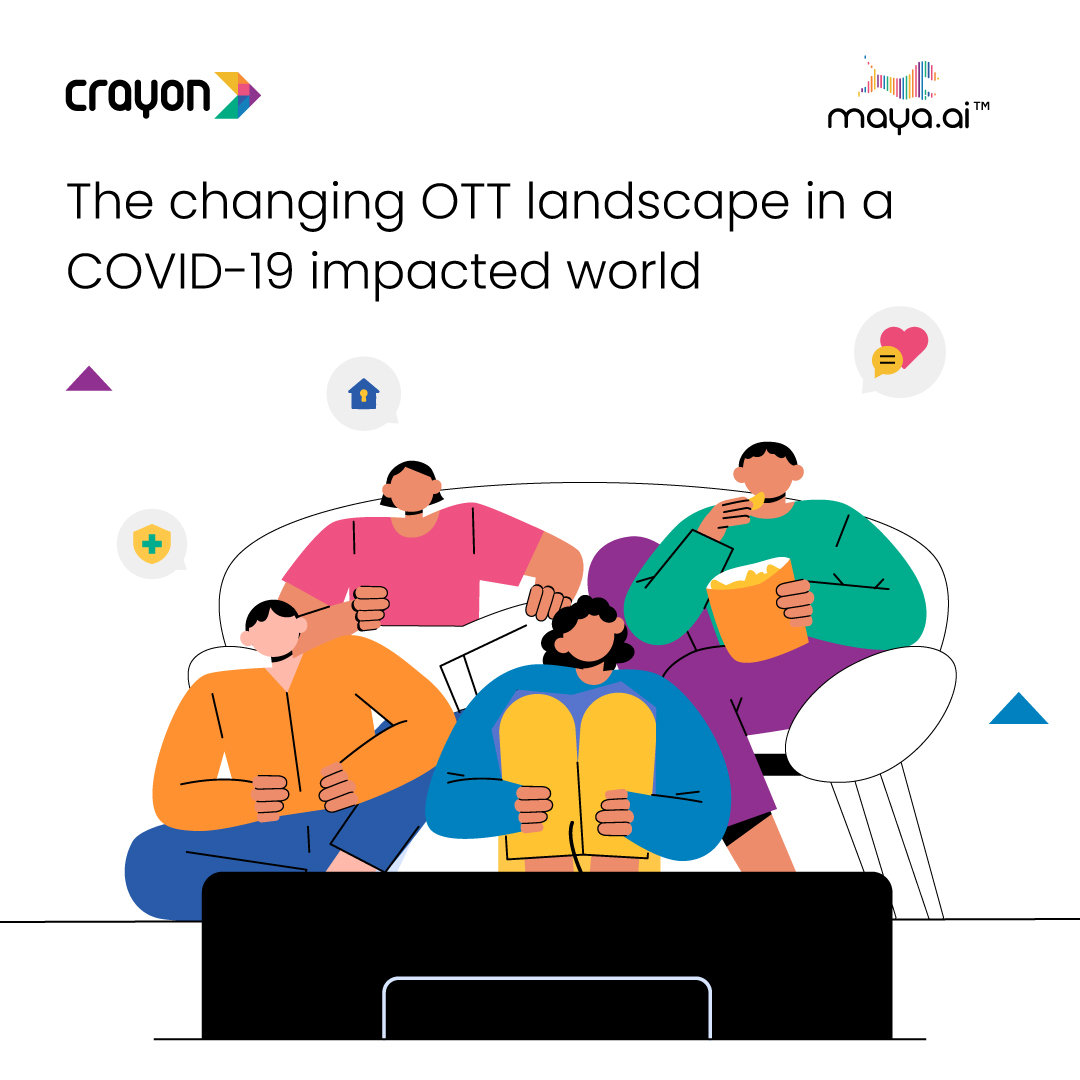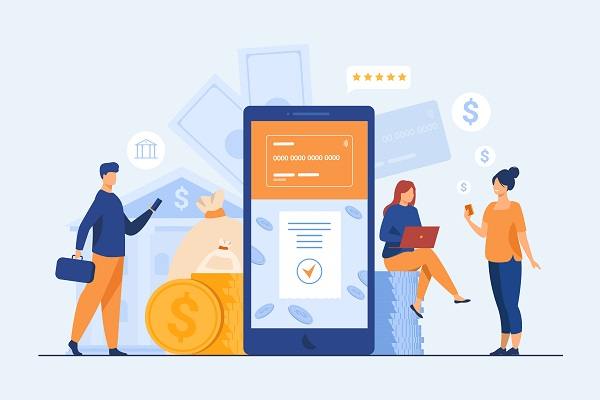We live in very complex times. As much as we talk about integrated insights, it only seems to be getting worse.
If I sound a little bleak it’s because this statement has been shared ad nauseam: digital marketers are literally drowning in data.
Data sources range from anecdotal and trivial to scientifically precise, and span numerous systems both on premise, in the cloud, and property of third-party data providers. Using several approaches to arrive at a single truth (to within a reasonable variance, I might add) is extremely difficult.
Many share this conservative view on data democratization, believing that only data scientists and digital analysts should embark on these journeys into meaningful and rigorous analysis, while others argue that data should be liberated, free for all to use.
Debates on this subject usually happen in the upper echelons of an organization. The classic arguments surround data ownership and often pit marketers against technology, amongst other silos.
While there is plenty of material that analyzes the data ownership debate, data democratization involves the access, usage, and (more importantly) the decisions influenced by multiple groups conducting research and making recommendations to the organization. And while some points may only resonate with enterprise-level organizations, digital marketers and analysts alike working at small and medium-sized businesses would be prudent to recognize the challenges and maturity milestones introduced with scale.
Challenges surrounding data democratization abound, and every organization’s data practice must decide policies and responsibilities in order to remain impartial, so here are some arguments to keep in mind when deciding in which zone of the political spectrum of data democratization you fall.

